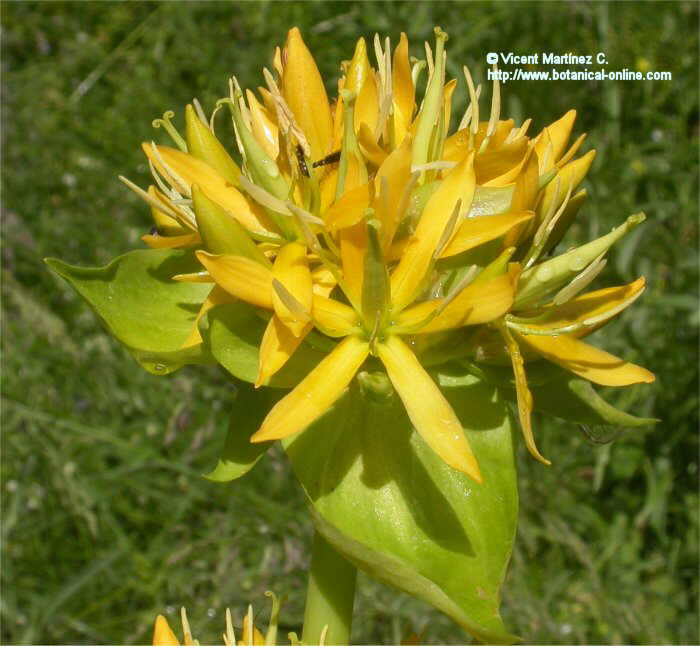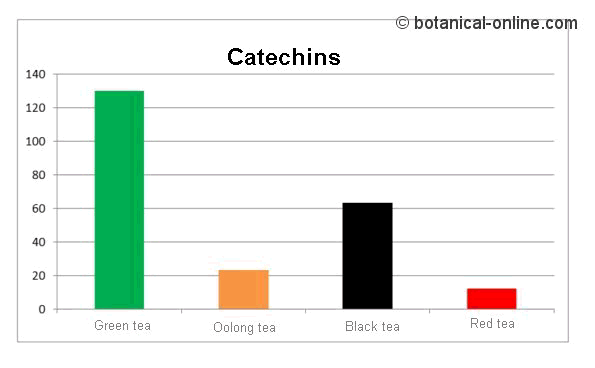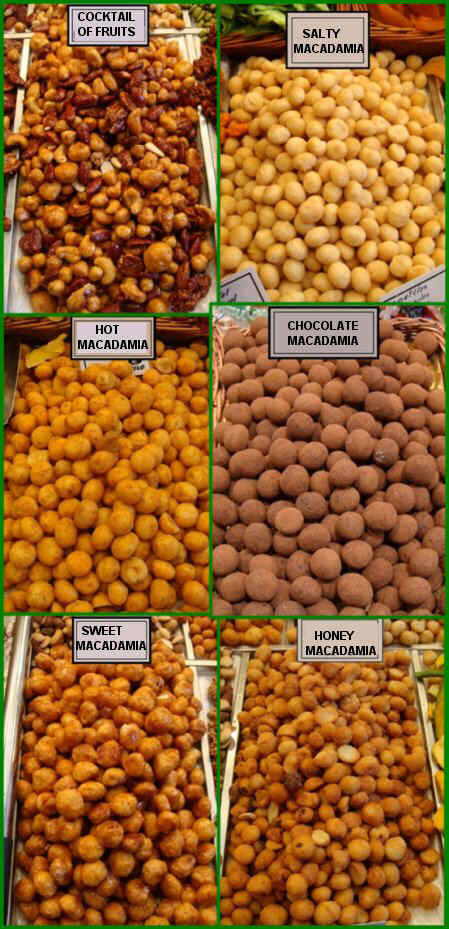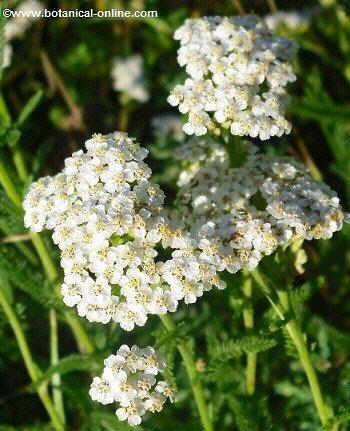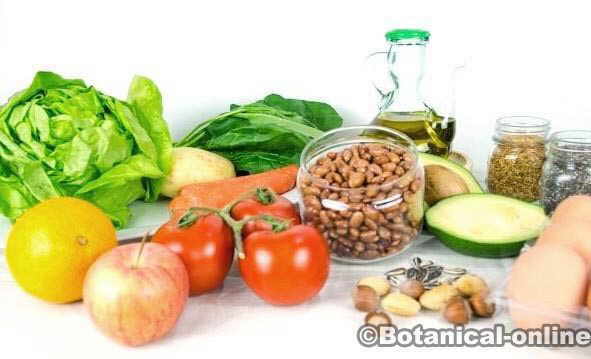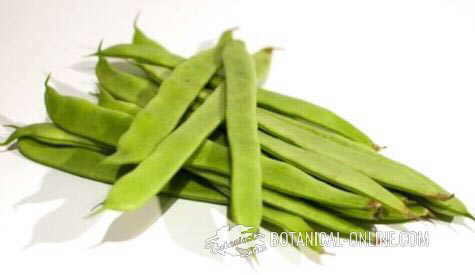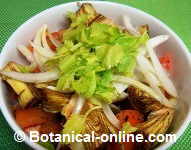SOY DERIVATIVES: PROPERTIES OF TOFU
What is tofu?
Tofu is the Japanese name for “soy cheese”. It is an essential food in Japanese cuisine because of the large number of meals you can prepare with it and for great contribution in proteins for the people of this island.

Tofu, the cheese from Asia
Throughout Asia, tofu plays a key role in the kitchen,up to the point that it is also known as “cheese of Asia”
Why tofu can be a substitute for meat?
First, it should be noted the absence of toxic products in tofu. It differs from meat from animals. Animal food contains a lot of toxins from the metabolism of the animals, along with an increasing ration of hormones used for fattening, antibiotics and other products applied during animal upbringing.
Nor can we forget that meat is part of a process of distribution, storage and sale which requires the addition of preservatives that prevent spoilage, or dyes that make it more attractive to the buyer.
Being a plant food, it is free of all toxins that could affect the animal flesh.
It also may be regarded as a natural substitute for meat because it has a very high content of protein and amino acids, which are also very high in quality and can be better digested than meat itself.
Benefits of tofu
Tofu contains very healthy fats
Tofu is ideal for those suffering from diseases of the circulatory system. Because of its total absence of cholesterol, it can be considered very suitable to thin the blood and remove cholesterol from it.
This property is attributed to its richness in unsaturated fats, to the presence of high vitamin E contents, (it prevents oxidation of cholesterol and its adherence to the arteries) and for its lecithin content, another potent weapon to remove cholesterol.
It’s helpful to eat cheese tofu not only those with hypercholesterolemia but also to other heart patients or those who suffer of arteriosclerosis, anginas or hypertension.
*Related information: Dishes for cholesterol and diabetes
Tofu is very rich in calcium
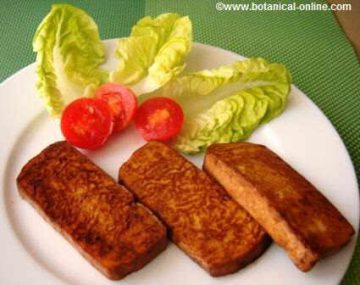
Besides being a good vegetable substitute of the meat and a good friend of the heart, tofu has a high richness in calcium, containing 20% more than cows milk.
It is very suitable for children to grow or for the elderly to maintain bones in good state.
It can help prevent bone decalcification or osteoporosis that occurs to older people, especially to women who are in menopause.
Tofu, a light remineralizing food
Its caloric content is low, considering that a ration of 100 gr. has around 70 calories, reason why it can be used in thinning regimes or to reduce weight.
It is also a remineralizing food since it contains potassium, iron and phosphorus.
Tofu in the kitchen
Tofu itself is quite soft which gives it a great flexibility in the kitchen. It can be used for both sweet and savory dishes, depending on the creativity of the person who cooks.
There is a softer variety with which you can make ice cream or tofu cheesecakes and a variety of tougher tofu that it is very useful to use like meat, so it can be roasted, fried or whatever you prefer.
It combines well with cereals that can provide some amino acids, such as lysine, which this food is deficient.
VIDEO ABOUT TOFU
COMPARISON: Composition of tofu per 100 g compared with cheese and beef
| Composition of tofu per 100 g compared with cheese and beef | ||||
| Nutrient content | Soft tofu, prepared with calcium | Hard tofu, prepared with calcium | Cheese, cured semi | Unsalted lean beef |
| Water (g) | 87.7 | 83.6 | 78 | 58.9 |
| Energy (Kcal) | 61 | 77 | 103 | 192 |
| Fat (g) | 3.6 | 4.6 | 4.5 | 6.3 |
| Protein (g) | 6.5 | 8, 04 | 12.4 | 31.5 |
| Carbohydrates (g) | 1.8 | 2.9 | 2.6 | 0 |
| Fiber (g) | 0.2 | 0.4 | 0 | 0 |
| Potassium (mg) | 120 | 176 | 84 | 308 |
| Sodium (mg) | 8 | 8 | 405 | 51 |
| Phosphorus (mg) | 92 | 147 | 132 | 272 |
| Calcium (mg) | 111 | 162 | 60 | 5 |
| Magnesium(mg) | 27 | 46 | 5 | 25 |
| Iron (mg) | 1.1 | 1.4 | 0, 14 | 3, 46 |
| Zinc (mg) | 0.6 | 1,1 | 0,37 | 5, 4 |
| Copper (mg) | 0, 15 | 0.2 | 0.028 | 0.13 |
| Vitamin C (mg) | 0, 2 | 0.2 | 0 | 0 |
| Vitamin B1 (mg) | 0.04 | 0.09 | 0, 021 | 0, 07 |
| Vitamin B2 (mg) | 0, 03 | 0, 10 | 0, 16 | 0, 26 |
| Vitamin B6 (mg) | 0, 05 | 0, 06 | 0, 06 | 0, 36 |
| Vitamin A (IU) | 7 | 8 | 163 | 0 |
| Vitamin E (mg) | 0, 01 | 0 | 0, 12 | 0 |
| Folacin (mcg) | 44 | 33 | 12 | 11 |
| Niacin (mg) | 0, 53 | 0.01 | 0, 12 | 4,08 |
| Amino acids from tofu, cheese and beef per 100 g | |||
| Amino acid content () | Hard Tofu, prepared with calcium | Cheese, cured semi | Unsalted lean beef |
| Tryptophan | 0.125 | 0.139 | 0.354 |
| Threonine | 0.328 | 0.554 | 1.380 |
| Isoleucine | 0.398 | 0.734 | 1.420 |
| Leucine | 0.611 | 1.284 | 2.497 |
| Lysine | 0.530 | 1.010 | 2.628 |
| Methionine | 0.103 | 0.376 | 0.809 |
| Cysteine | 0.111 | 0.116 | 0.354 |
| Phenylalanine | 0.391 | 0.673 | 1.233 |
| Tyrosine | 0.269 | 0.666 | 1.061 |
| Valine | 0.406 | 0.773 | 1.536 |
| Arginine | 0.535 | 0.570 | 1996 |
| Histidine | 0.234 | 0.415 | 1.082 |
| Alanine | 0.330 | 0.648 | 1.905 |
| Aspartic acid | 0.888 | 0.846 | 2.886 |
| Glutamic acid | 1.390 | 2.706 | 4.746 |
| Lysine | 0.314 | 0.272 | 1.723 |
| Proline | 0.434 | 1.447 | 1.395 |
| Serine | 0.379 | 0.701 | 1.208 |
![]() More information about tofu or soy.
More information about tofu or soy.

